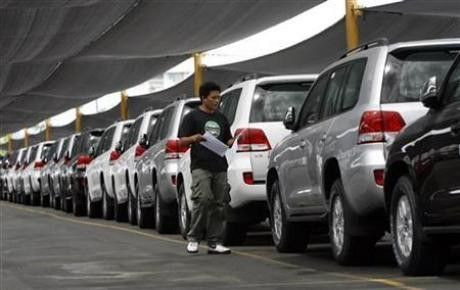Automotive credit continues to strengthen as loan delinquencies drop sharply

The automotive credit market showed a significant improvement in the final quarter of last year, as 30- and 60-day loan delinquencies exhibited sharp declines, says a new report.
The report from California-based Experian Automotive showed that thirty-day delinquencies dropped by 9.71 percent to 2.98 percent in the fourth quarter of 2010 from 3.30 percent in the year-ago quarter. Sixty-day delinquencies dropped 15.26 percent, to 0.79 percent in the fourth quarter.
""Consumers are definitely doing a better job of making their payments on time, and that bodes well for everyone in the automotive and automotive credit businesses," says Scott Waldron, president of Experian Automotive that tracks auto-lending data.
"We continued to see lenders loosening credit during the quarter for nonprime and subprime customers, who represent a significant portion of the automotive market," he adds.
The share of loans to credit-challenged new vehicle shoppers grew by 18.2 percent in the fourth quarter, while share of loans to nonprime customers rose to 11.14 percent from 9.75 percent. For subprime customers, share of loans jumped from 5.6 percent to 6.96 percent, while share of loans to deep-subprime customers rose from 1.44 percent to 1.74 percent.
For both new and used vehicles, the share of loans to nonprime, subprime and deep-subprime customers rose to 38.42 percent from 36.42 percent last year.
"The automotive lending industry continues to gather positive momentum," says Melinda Zabritski, director of automotive credit for Experian Automotive. "The sharp drop in delinquencies is helping create stability in the marketplace and allowing lenders to develop a more aggressive approach. It is still a much more conservative lending climate than we saw in 2007 and 2008, but lenders are definitely becoming less risk averse."
© Copyright IBTimes 2025. All rights reserved.





















